These thoughts are based solely on observations and creative thoughts. None of these conclusions have been backed up by any official statements.
The future of video games is always a fun topic to ponder. From the next big hit to the next generation of consoles, there’s always something to wonder. With the continuous growth of PC gaming, there’s always discussion on how consoles will stand out against powerful gaming computers. After Microsoft’s presentation at E3 2016, an idea popped into my head – I think the XBox One successor will be more of a gaming PC rather than a traditional console.
The Microsoft Company as a whole, including both their gaming and computer divisions, is an interesting case when it comes to modern video games. Plenty of people purchase XBox consoles, but the majority of computer gamers use PCs running Microsoft operating systems. However most PC gamers simply use the OS as a means to an end when gaming – the actual purchasing and playing of games is done most popularly through store fronts, such as Valve’s gaming platform, Steam. With many AAA games appearing on both PC and consoles, many have forgone the purchase of an Xbox One or a PS4 in favor of a gaming PC simply because it is more versatile than a gaming console. And I think the XBox team might try to get ahead of this by the next console generation.
Windows Store vs Steam
Microsoft introduced their “Play Anywhere” program at E3 2016 that allows for certain digital titles to be cross-purchased for play on both Xbox One consoles and PCs running Windows 10. This pairing of the Windows Store and Xbox Store seems to be a move by Xbox, and more broadly Microsoft, to compete with PC gaming distribution platforms, like Steam, in order to capture a bigger portion of the gaming market. While new models of the Xbox One show sustaining faith in the current console generation, I can imagine that the Xbox One could be the last of Microsoft’s “traditional” console.
You may remember that when the XBox One was revealed back in 2013 that the console received backlash when it was announced that the developers wanted owners to be more or less always connected to the internet, particularly when playing games downloaded from a disc (as opposed to always having the disc in the console). Looking back, I think the timing was poor but that the idea would be more welcome in 5 years, especially if the console is branded as more of a computer than simply as a gaming console. Heck, it might even be a non-issue if internet access becomes even more available in that time span and if more people greatly favor digital download over physical media. I mean, it’s been years since gaming developers for PC titles relied on CD-Rom distribution for their games since all-digital has become the norm.
Console and Computer
If you think about it, modern game consoles have become very similar to PCs in terms hardware and capabilities, and with a dedicated gaming PC, Microsoft would be able to unify the console and PC gaming markets that it has its hands in and try to pull away customers from Steam, Humble, etc… When Xbox One’s successor comes to light (which I imagine will be anywhere from like 2018 to 2021), I’m imagining a “Reverse SteamBox” if you will. Where Steam Boxes were various consoles running a dedicated OS and internet connection that allowed for gamers to play Steam games without a PC, I’m imaging Microsoft releasing a heavily dedicated gaming PC that will have dedicated systems to prioritize and optimize gaming like a console but also have traditional computer functions.
This console-PC hybrid would continue the image of Microsoft’s desire to be the center piece of one’s entertainment setup but would probably also still serve basic the needs that a computer has (internet browsing, word processing, proprietary software etc…) without being as clunky as app version of some programs can be on consoles. Compatibility with a keyboard and mouse alongside a dedicated controller (and other peripherals) would also cement this image. Certainly, this would sit on the higher end of costs compared to other consoles, but would certainly appeal to those who straddle both the XBox One and PC gaming.
The “Always On” Issue from 2013
Take a trip back to the XBox One’s unveiling back at E3 2013 and one thing you’ll be greeted with is a ton of backlash to a feature that required console owners to connect to the internet at least once a day in order to play games without needing the disc after installation. This was removed following heavy criticism as there are certainly many people who buy consoles because they do not have internet. There is, however, a growing demand for internet in most households and I wouldn’t put it past Microsoft to try something similar for enhanced cloud-based gaming.
Most people who have a gaming PC have a decent internet connection and the PC-console-hybrid that I propose would certainly try to replace that PC. Man PC games have some sort of connection based DRM anyways that require some sort of frequent internet connection. The growing trend for online multiplayer-only titles and constant patches and updates, the world may be growing closer to accepting a unit that requires constant connection. Depending on how trends, and potential changes in how ISPs deliver internet, are in the next few years, there is a possible future where the “Always-On” blunder was just a feature too far ahead of its time.
In Closing
Like I said earlier, this is merely conjecture and I could be way-off base considering that at this time we’re likely not even at the halfway point of the 8th console generation. But there is no doubt that major changes are on the horizon considering the upcoming Nintendo Switch hand-held/console hybrid and the current age of Virtual Reality titles hitting the markets.
Let us know what you think in the comments below or strike up a conversation on our Discord channel!


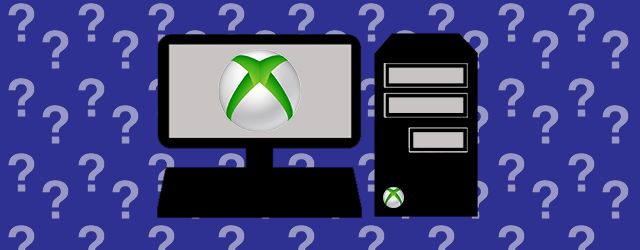
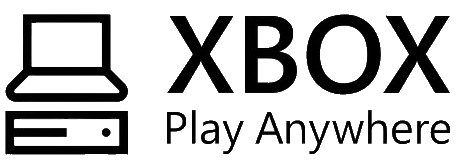





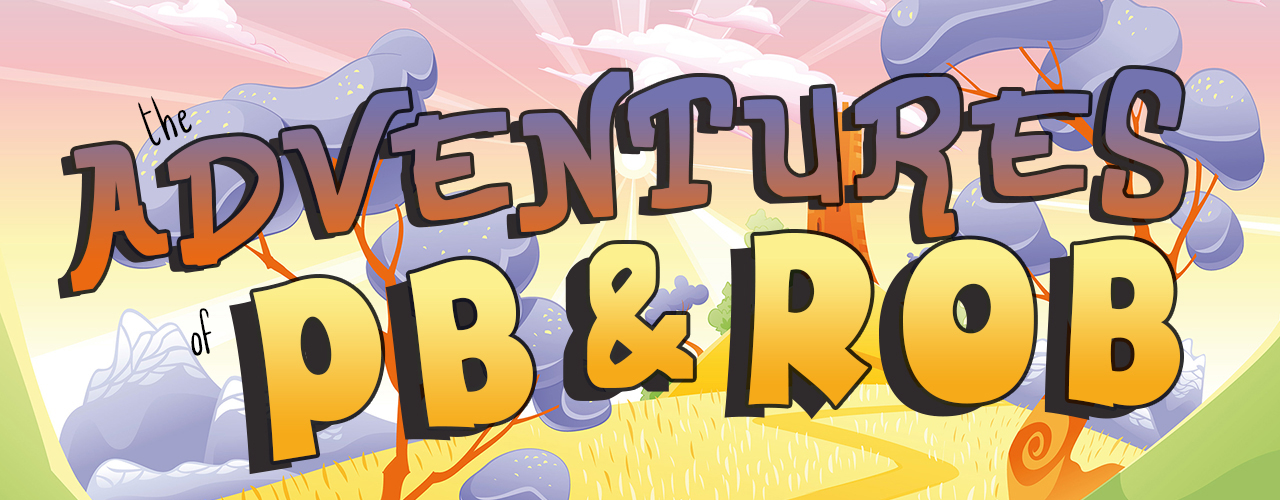








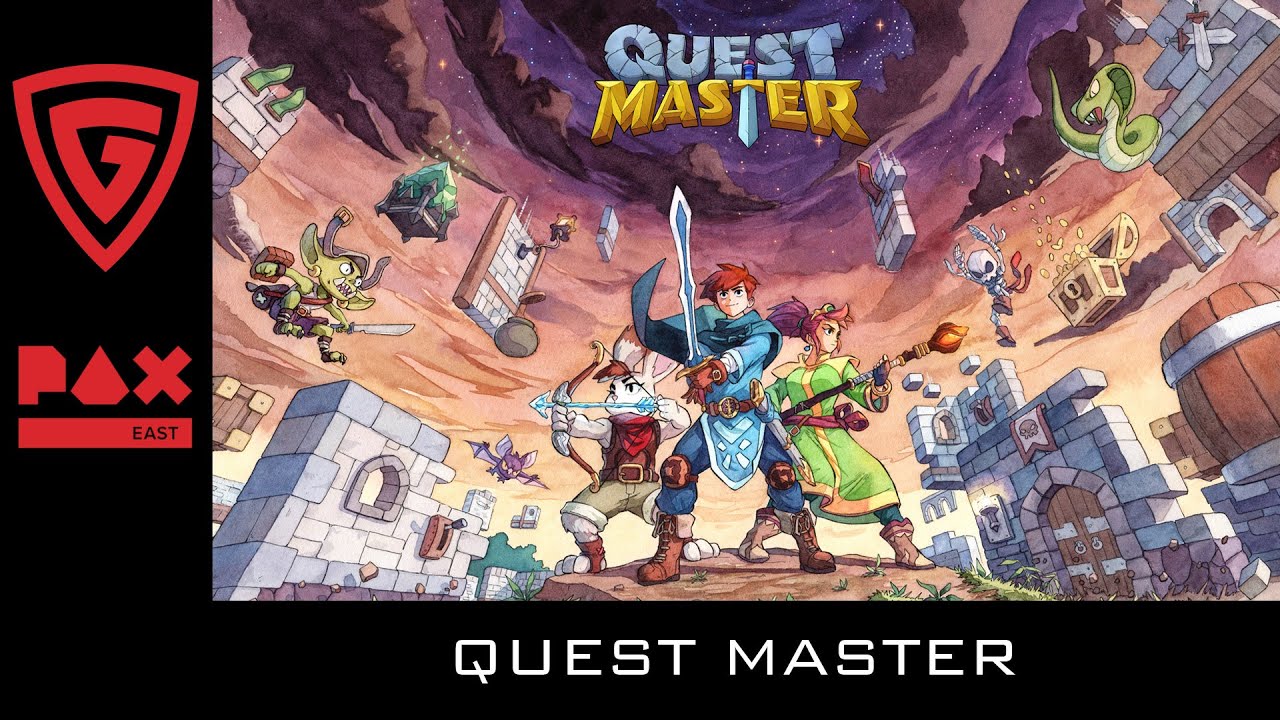
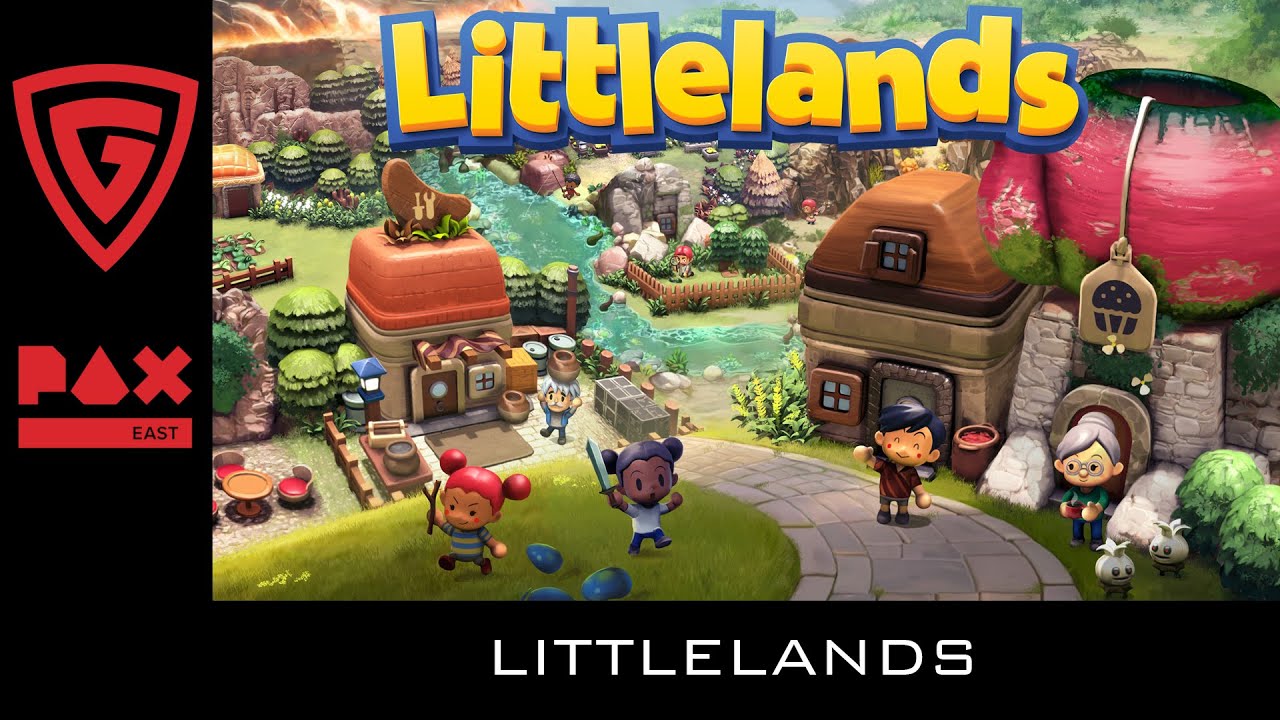

Add comment